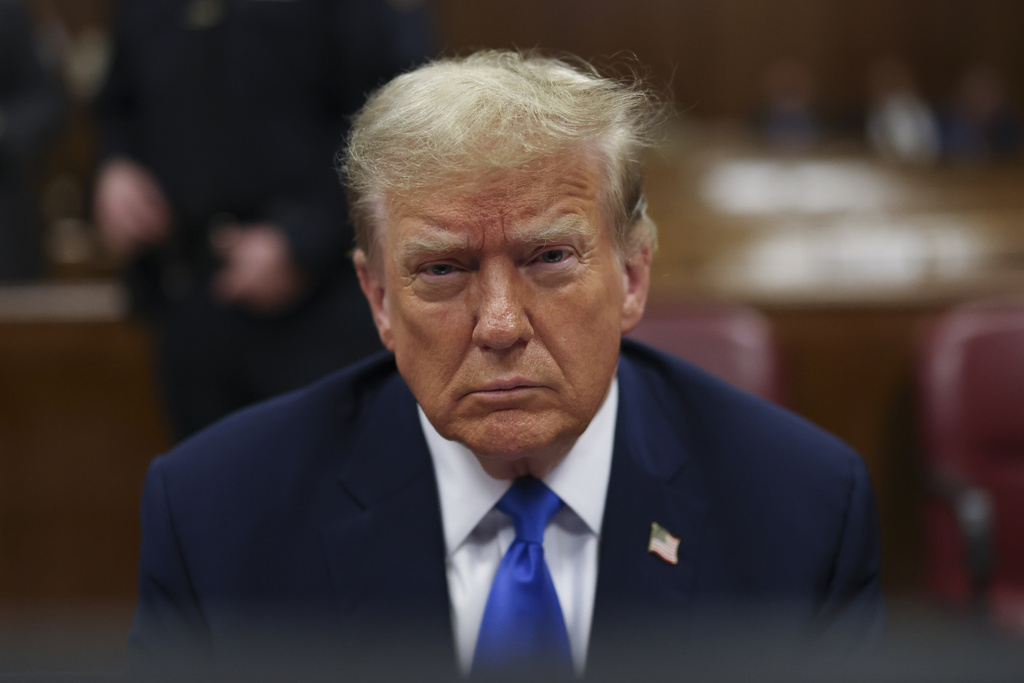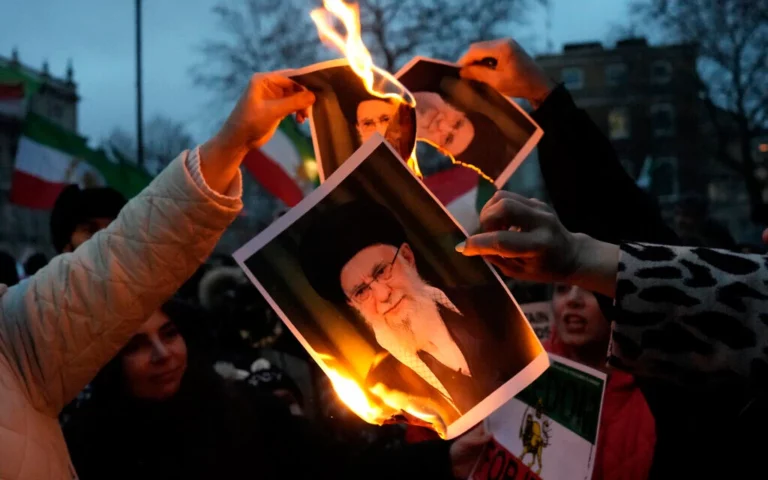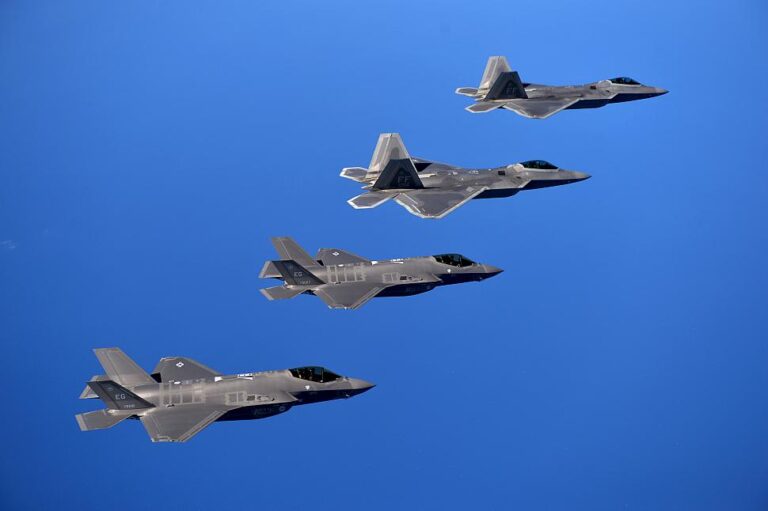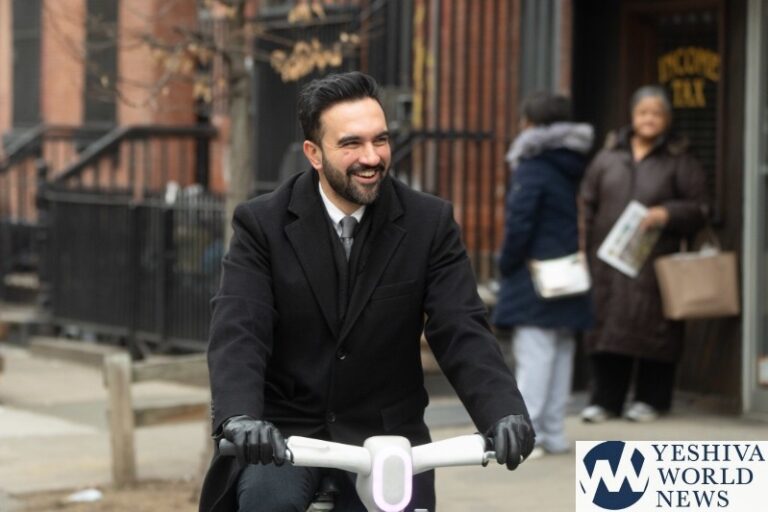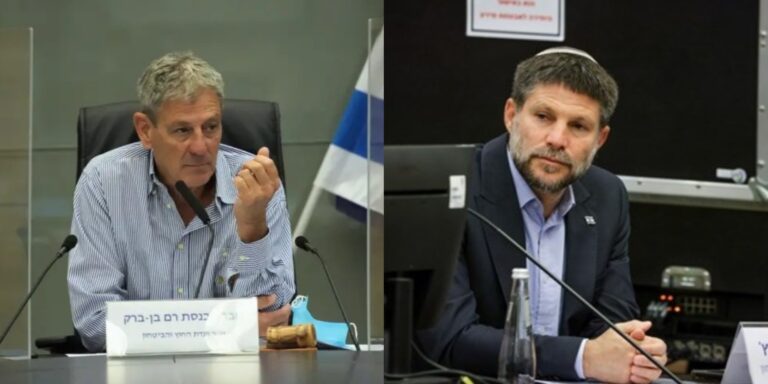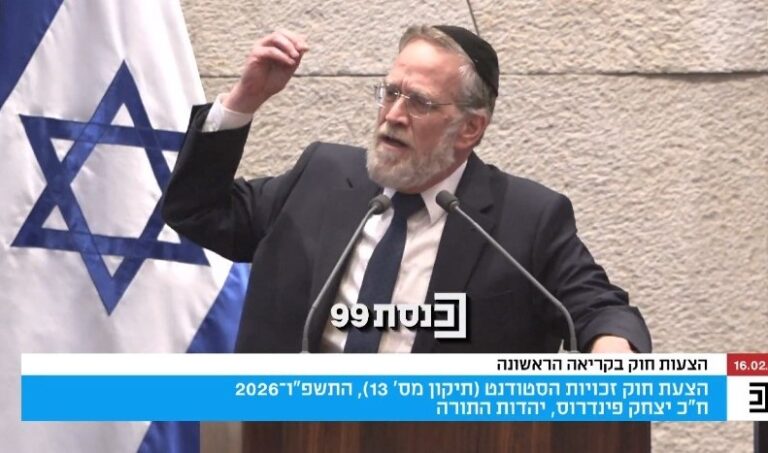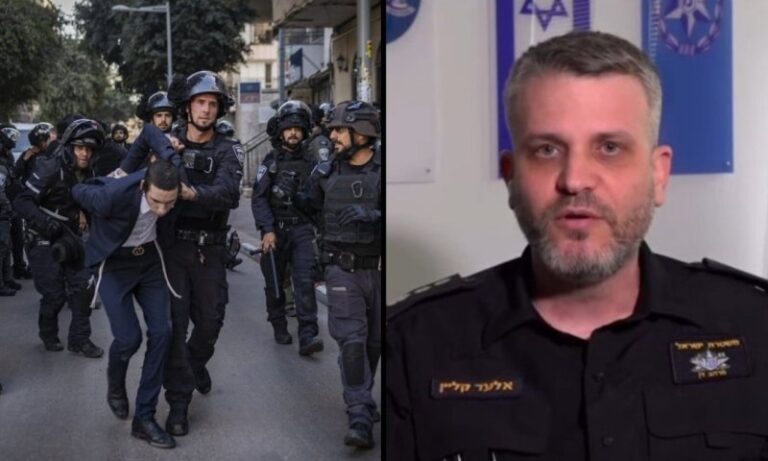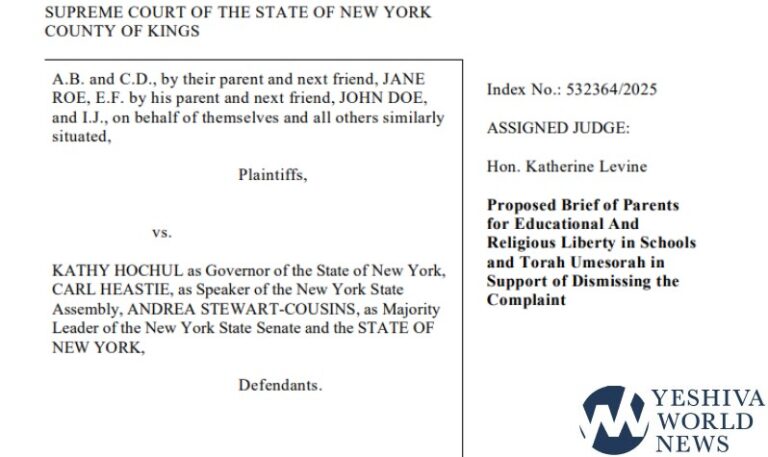A jury of 12 people was seated Thursday in former President Donald Trump’s hush money trial in New York, and the court quickly turned to selecting alternate jurors.
The rapid progress Thursday afternoon propelled the case closer to opening statements and weeks of testimony in a case charging the Republican ex-president with falsifying business records to suppress unflattering stories in the final days of the 2016 election.
The jury includes a sales professional, a software engineer, an English teacher and multiple lawyers. The case centers on $130,000 Trump’s lawyer and fixer Michael Cohen paid to a women. Trump faces 34 felony counts. He denies any wrongdoing.
Earlier in the day, two other jurors were dismissed, one after expressing doubt about her ability to be fair following disclosure of details about her identity. Another juror was let go over concerns that some of his answers in court may have been inaccurate.
In other developments, prosecutors asked for Trump to be held in contempt over a series of social media posts this week, and the judge barred reporters from identifying jurors’ employers after expressing privacy concerns.
The jury selection process picked up momentum Tuesday with the selection of seven jurors. But on Thursday, Judge Juan Merchan revealed in court that one of the seven, a cancer nurse, had “conveyed that after sleeping on it overnight she had concerns about her ability to be fair and impartial in this case.”
And though jurors’ names are being kept confidential, the woman told the judge and the lawyers that she had doubts after she said aspects of her identity had been made public.
“Yesterday alone I had friends, colleagues and family push things to my phone regarding questioning my identity as a juror,” she said. “I don’t believe at this point that I can be fair and unbiased and let the outside influences not affect my decision making in the courtroom.”
A second seated juror was dismissed after prosecutors raised concerns that he may not have been honest in answering a jury selection question by saying that he had never been accused or convicted of a crime.
The IT professional was summoned to court to answer questions after prosecutors said they found an article about a person with the same name who had been arrested in the 1990s for tearing down political posters pertaining to the political right in suburban Westchester County.
A prosecutor also disclosed that a relative of the man may have been involved in a deferred prosecution agreement in the 1990s with the Manhattan district attorney’s office, which is prosecuting Trump’s case.
Because the juror was questioned Thursday at the judge’s bench, off-microphone and out of earshot of reporters, it was not known whether the man confirmed or denied either instance was connected to him.
Twelve jurors and six alternates must be seated to hear the trial. Merchan said Tuesday that opening statements could begin as soon as Monday.
The process of picking a jury is a critical phase of any criminal trial but especially so when the defendant is a former president and the presumptive Republican nominee. Prospective jurors have been grilled on their social media posts, personal lives and political views as the lawyers and judge search for biases that would prevent them from being impartial.
Inside the court, there’s broad acknowledgment of the futility in trying to find jurors without knowledge of Trump. A prosecutor this week said that lawyers were not looking for people who had been “living under a rock for the past eight years.”
But Thursday’s events laid bare the inherent challenges of selecting a jury for such a landmark, high-publicity case. More than half the members of a group of 96 prospective jurors brought into the courtroom were dismissed Thursday, most after saying they doubted their ability to be fair and impartial.
After dismissing from the jury the nurse who had already been selected, Merchan ordered journalists in court not to report prospective jurors’ answers to questions about their current and former employers.
“We just lost, probably, what probably would have been a very good juror for this case, and the first thing that she said was she was afraid and intimidated by the press, all the press, and everything that had happened,” Merchan said after dismissing the juror.
Prosecutors had asked that the employer inquiries be axed from the jury questionnaire. Defense lawyer Todd Blanche responded that “depriving us of the information because of what the press is doing isn’t the answer.”
The district attorney’s office on Monday sought a $3,000 fine for Trump for three Truth Social posts they said violated the order. Since then, prosecutors said he made seven additional posts that they believe violate the order.
Several of the posts involved an article that referred to former Trump lawyer Michael Cohen as a “serial perjurer,” and one from Wednesday repeated a claim by a Fox News host that liberal activists were lying to get on the jury, said prosecutor Christopher Conroy.
Trump lawyer Emil Bove said Cohen “has been attacking President Trump in public statements,” and Trump was just replying.
The judge had already scheduled a hearing for next week on the prosecution’s request for contempt sanctions over Trump’s posts.
The trial centers on a $130,000 payment that Cohen made shortly before the 2016 election to a woman to prevent her claims of an encounter with Trump from becoming public in the race’s final days.
Prosecutors say Trump obscured the true nature of the payments in internal records when his company reimbursed Cohen, who pleaded guilty to federal charges in 2018 and is expected to be a star witness for the prosecution.
Trump has denied having an encounter with the woman, and his lawyers argue that the payments to Cohen were legitimate legal expenses.
Trump faces 34 felony counts of falsifying business records. He could get up to four years in prison if convicted, though it’s not clear that the judge would opt to put him behind bars. Trump would almost certainly appeal any conviction.
The hush money case is one of four criminal prosecutions involving Trump as he vies to reclaim the White House, but it’s possible that it will be the sole case to reach trial before November’s presidential election.
Appeals and other legal wrangling have caused delays in cases charging Trump with plotting to overturn the 2020 election results and with illegally hoarding classified documents.
(AP)

